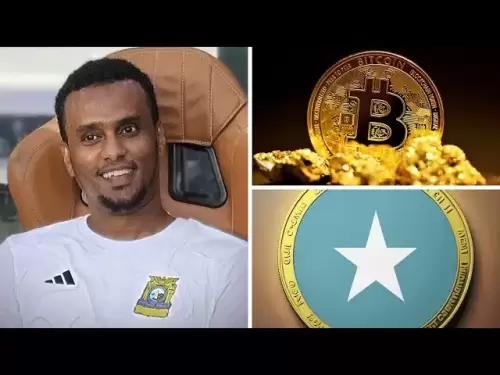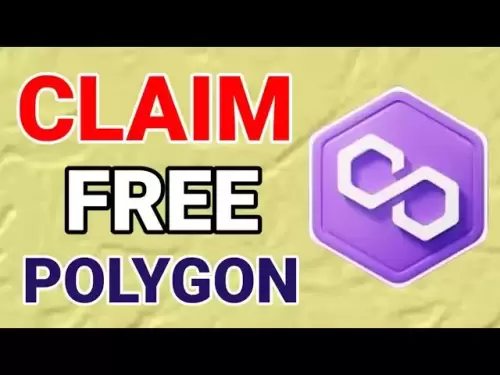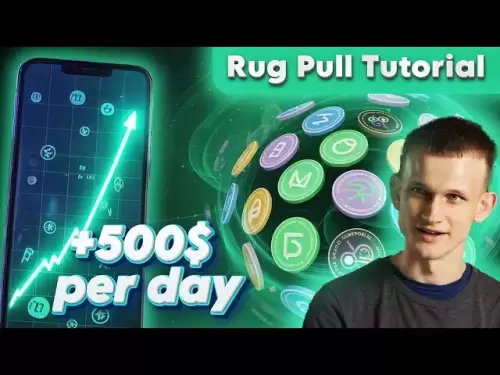-
 Bitcoin
Bitcoin $106,754.6083
1.33% -
 Ethereum
Ethereum $2,625.8249
3.80% -
 Tether USDt
Tether USDt $1.0001
-0.03% -
 XRP
XRP $2.1891
1.67% -
 BNB
BNB $654.5220
0.66% -
 Solana
Solana $156.9428
7.28% -
 USDC
USDC $0.9998
0.00% -
 Dogecoin
Dogecoin $0.1780
1.14% -
 TRON
TRON $0.2706
-0.16% -
 Cardano
Cardano $0.6470
2.77% -
 Hyperliquid
Hyperliquid $44.6467
10.24% -
 Sui
Sui $3.1128
3.86% -
 Bitcoin Cash
Bitcoin Cash $455.7646
3.00% -
 Chainlink
Chainlink $13.6858
4.08% -
 UNUS SED LEO
UNUS SED LEO $9.2682
0.21% -
 Avalanche
Avalanche $19.7433
3.79% -
 Stellar
Stellar $0.2616
1.64% -
 Toncoin
Toncoin $3.0222
2.19% -
 Shiba Inu
Shiba Inu $0.0...01220
1.49% -
 Hedera
Hedera $0.1580
2.75% -
 Litecoin
Litecoin $87.4964
2.29% -
 Polkadot
Polkadot $3.8958
3.05% -
 Ethena USDe
Ethena USDe $1.0000
-0.04% -
 Monero
Monero $317.2263
0.26% -
 Bitget Token
Bitget Token $4.5985
1.68% -
 Dai
Dai $0.9999
0.00% -
 Pepe
Pepe $0.0...01140
2.44% -
 Uniswap
Uniswap $7.6065
5.29% -
 Pi
Pi $0.6042
-2.00% -
 Aave
Aave $289.6343
6.02%
How to avoid Gas War? What are the tips for participating in hot NFT casting?
To avoid costly gas wars during NFT drops, monitor network congestion, set reasonable gas prices, and consider Layer 2 solutions or alternative chains for lower fees.
Jun 19, 2025 at 11:00 pm
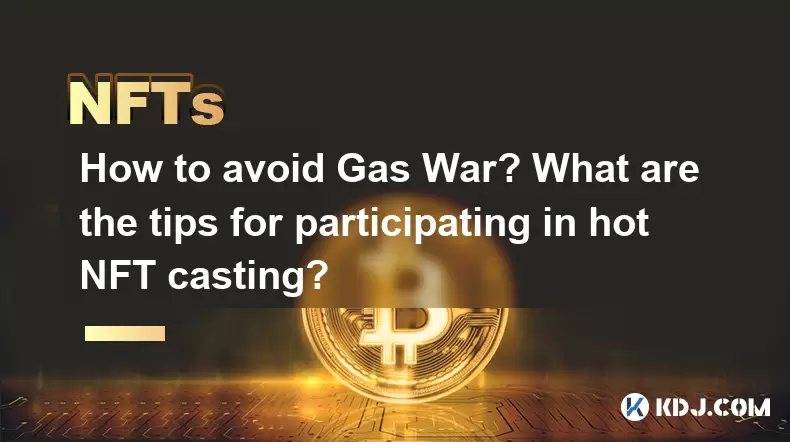
Understanding Gas Wars in the NFT Space
In the world of NFT casting and minting, a Gas War refers to the intense competition among users on blockchain networks like Ethereum, where participants raise their gas fees to prioritize transaction confirmations. This typically occurs during high-demand NFT drops, especially when limited-edition digital assets are released. When too many users attempt to mint simultaneously, network congestion leads to rising gas prices. Those who want to ensure their transactions go through often set higher gas fees, inadvertently triggering a bidding war.
This phenomenon can result in extremely high transaction costs, sometimes exceeding the price of the NFT itself. Understanding how gas works and recognizing patterns around NFT launches is crucial for any participant aiming to avoid falling into this trap.
Monitor Minting Times and Blockchain Congestion
One effective strategy to avoid getting caught in a Gas War is to carefully track the minting schedule of upcoming NFT projects. Many popular NFT collections drop at specific times, usually announced in advance. Rushing to mint immediately at the release time increases the likelihood of facing high gas fees due to heavy traffic.
Instead, consider the following:
- Use tools like Etherscan Gas Tracker or GasNow to monitor real-time gas prices.
- Delay your minting activity by 10–30 minutes after the official drop if possible.
- Check historical data for similar NFT drops to estimate when congestion might ease.
By avoiding the initial surge, you may be able to mint at a lower gas cost without compromising your chances significantly, depending on the project’s popularity and supply limits.
Set a Reasonable Gas Limit and Price
When participating in NFT casting, it's essential to understand the difference between gas limit and gas price. The gas limit is the maximum amount of computational effort you're willing to pay for a transaction, while the gas price is how much you're willing to pay per unit of gas (measured in gwei).
To avoid overpaying unnecessarily:
- Set a reasonable gas limit—usually 21,000 for simple transfers, but higher for complex smart contract interactions like minting NFTs.
- Choose a gas price slightly above the current average rather than drastically increasing it.
- Use wallet features like MetaMask’s advanced settings to customize both gas price and limit.
Experienced users may opt for manual gas settings, allowing them to adjust dynamically based on network conditions. Setting excessively high gas prices not only inflates your costs but also contributes to the overall Gas War environment.
Utilize Layer 2 Solutions and Alternative Chains
A growing number of NFT platforms now operate on Layer 2 solutions such as Arbitrum, Optimism, or zkSync, which offer significantly lower gas fees compared to Ethereum mainnet. Participating in NFT drops on these chains can help you avoid the intense competition and high costs associated with Ethereum-based mints.
Additionally, exploring alternative blockchains like Solana, Polygon, or Binance Smart Chain can provide more affordable options for minting and trading NFTs. These networks generally have faster transaction speeds and lower gas fees, making them ideal for frequent NFT casters.
Before participating, ensure that:
- Your wallet supports the chain hosting the NFT drop.
- You have sufficient native tokens (e.g., MATIC for Polygon) to cover gas fees.
- You’re aware of potential trade-offs in terms of security and decentralization.
Prepare Wallet and Network Settings in Advance
Preparation is key when entering the competitive realm of hot NFT casting. Ensure your wallet is configured correctly and ready for action before the minting window opens. Here’s what you should do:
- Connect your wallet (like MetaMask or Trust Wallet) to the correct network hosting the NFT.
- Pre-approve contracts if required, so you don’t waste time during the minting process.
- Keep a small balance of native tokens in your wallet to cover gas fees.
Many users fall victim to panic-induced mistakes during minting events, leading to unnecessary errors and repeated failed transactions that further drive up gas usage. Being prepared ensures smoother execution and reduces the temptation to overbid on gas in frustration.
FAQ: Frequently Asked Questions
Q: Can I cancel a transaction if I accidentally set a high gas fee?
Yes, you can cancel or replace a pending transaction using tools like MetaMask Speed Up/Cancel feature. However, once a transaction is confirmed, the gas fee is non-refundable.
Q: Are Gas Wars exclusive to Ethereum?
While Gas Wars are most common on Ethereum due to its popularity, they can occur on any congested blockchain. However, Layer 2 and alternative chains tend to experience fewer issues related to gas price spikes.
Q: How do I know if an NFT drop will cause a Gas War?
High-profile projects with limited supply, celebrity endorsements, or strong community hype are more likely to trigger Gas Wars. Monitoring social media channels, Discord communities, and NFT analytics platforms can give early indicators.
Q: Is there a way to predict gas prices accurately before minting?
Several tools like GasNow, ETH Gas Station, and Blockchair provide real-time and predictive gas price data. Using these platforms helps you make informed decisions about when and how much gas to set.
Disclaimer:info@kdj.com
The information provided is not trading advice. kdj.com does not assume any responsibility for any investments made based on the information provided in this article. Cryptocurrencies are highly volatile and it is highly recommended that you invest with caution after thorough research!
If you believe that the content used on this website infringes your copyright, please contact us immediately (info@kdj.com) and we will delete it promptly.
- RUVI AI: The Audited Solana Token Promising to Outshine Bitcoin
- 2025-06-20 04:25:12
- SEI Price Surges Amid WYST Stablecoin Buzz: What's Next for Sei Network?
- 2025-06-20 04:25:12
- Stablecoin Revolution: US Senate Paves the Way with Federal Law
- 2025-06-20 04:45:12
- Ripple, Coinbase, and Crypto Selloffs: What's the Deal?
- 2025-06-20 05:05:12
- Early-Stage Crypto Projects on Solana: Finding the Next Big Thing
- 2025-06-20 05:23:59
- Chainlink Price Prediction: Is the Accumulation Phase Here?
- 2025-06-20 05:45:12
Related knowledge

What is the difference between NFT and digital collectibles? A must-read guide for beginners
Jun 19,2025 at 09:42pm
Understanding the Basics of NFTsNFTs, or Non-Fungible Tokens, are unique digital assets that represent ownership of a specific item or piece of content on the blockchain. Unlike cryptocurrencies such as Bitcoin or Ethereum, which are fungible and can be exchanged one-for-one, each NFT has distinct properties and cannot be directly replaced by another to...
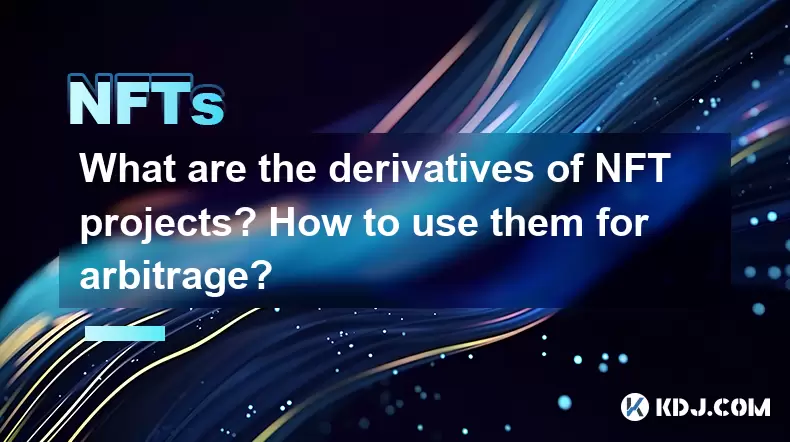
What are the derivatives of NFT projects? How to use them for arbitrage?
Jun 20,2025 at 06:14am
Understanding the Derivatives of NFT ProjectsNFTs, or non-fungible tokens, have evolved beyond simple digital collectibles. In recent years, derivatives of NFT projects have emerged as a new financial layer within the blockchain ecosystem. These derivatives are essentially financial instruments derived from the value and performance of underlying NFT as...

How to avoid Gas War? What are the tips for participating in hot NFT casting?
Jun 19,2025 at 11:00pm
Understanding Gas Wars in the NFT SpaceIn the world of NFT casting and minting, a Gas War refers to the intense competition among users on blockchain networks like Ethereum, where participants raise their gas fees to prioritize transaction confirmations. This typically occurs during high-demand NFT drops, especially when limited-edition digital assets a...
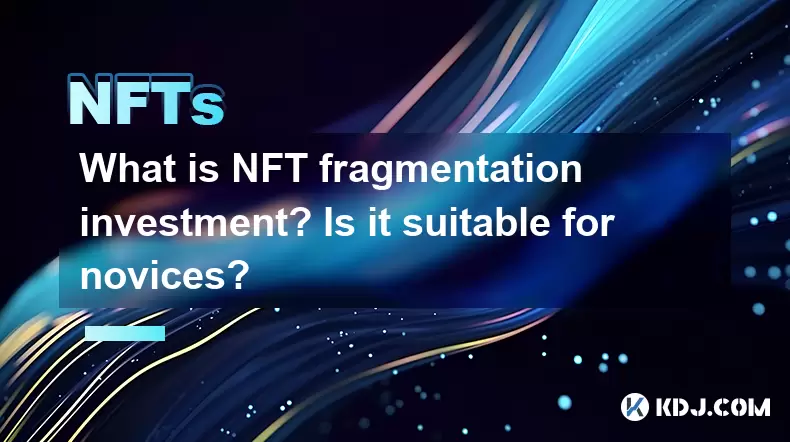
What is NFT fragmentation investment? Is it suitable for novices?
Jun 20,2025 at 02:01am
Understanding NFT Fragmentation InvestmentNFT fragmentation investment refers to the process of dividing a single non-fungible token (NFT) into multiple smaller, fungible tokens. This allows investors to purchase portions of an NFT rather than having to buy the entire asset outright. The concept is similar to buying shares in a company — instead of owni...
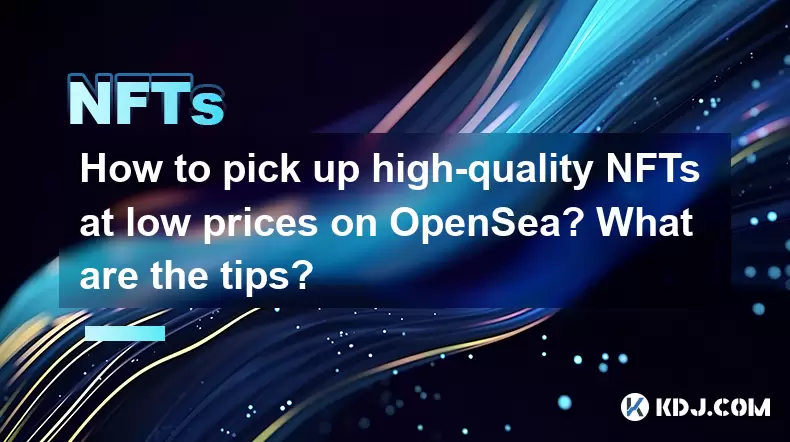
How to pick up high-quality NFTs at low prices on OpenSea? What are the tips?
Jun 19,2025 at 10:49am
Understanding What Makes an NFT High-QualityWhen navigating OpenSea, it's essential to understand what defines a high-quality NFT. High-quality NFTs often refer to digital assets that have unique artistic value, are created by reputable artists, or belong to collections with strong community backing. These NFTs typically exhibit low supply, active tradi...
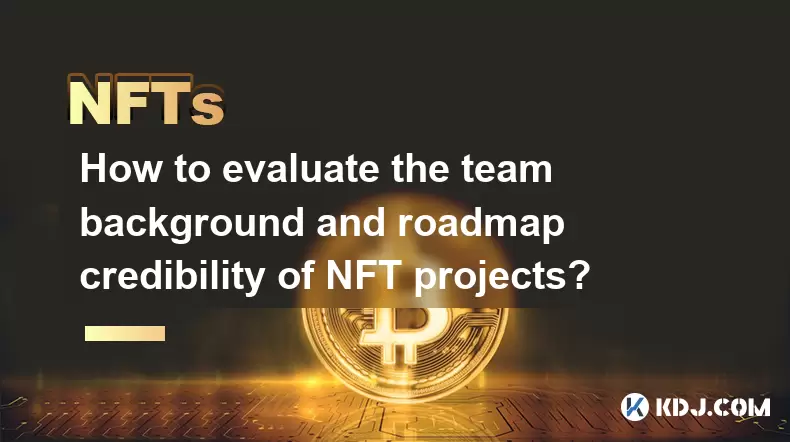
How to evaluate the team background and roadmap credibility of NFT projects?
Jun 20,2025 at 06:22am
What Are the Key Indicators of a Credible NFT Project?When entering the world of NFTs, one of the most critical aspects to consider is the credibility of the project. This involves evaluating both the team behind it and the roadmap they’ve outlined for development. Credibility indicators include transparency in team identities, prior experience in block...

What is the difference between NFT and digital collectibles? A must-read guide for beginners
Jun 19,2025 at 09:42pm
Understanding the Basics of NFTsNFTs, or Non-Fungible Tokens, are unique digital assets that represent ownership of a specific item or piece of content on the blockchain. Unlike cryptocurrencies such as Bitcoin or Ethereum, which are fungible and can be exchanged one-for-one, each NFT has distinct properties and cannot be directly replaced by another to...

What are the derivatives of NFT projects? How to use them for arbitrage?
Jun 20,2025 at 06:14am
Understanding the Derivatives of NFT ProjectsNFTs, or non-fungible tokens, have evolved beyond simple digital collectibles. In recent years, derivatives of NFT projects have emerged as a new financial layer within the blockchain ecosystem. These derivatives are essentially financial instruments derived from the value and performance of underlying NFT as...

How to avoid Gas War? What are the tips for participating in hot NFT casting?
Jun 19,2025 at 11:00pm
Understanding Gas Wars in the NFT SpaceIn the world of NFT casting and minting, a Gas War refers to the intense competition among users on blockchain networks like Ethereum, where participants raise their gas fees to prioritize transaction confirmations. This typically occurs during high-demand NFT drops, especially when limited-edition digital assets a...

What is NFT fragmentation investment? Is it suitable for novices?
Jun 20,2025 at 02:01am
Understanding NFT Fragmentation InvestmentNFT fragmentation investment refers to the process of dividing a single non-fungible token (NFT) into multiple smaller, fungible tokens. This allows investors to purchase portions of an NFT rather than having to buy the entire asset outright. The concept is similar to buying shares in a company — instead of owni...

How to pick up high-quality NFTs at low prices on OpenSea? What are the tips?
Jun 19,2025 at 10:49am
Understanding What Makes an NFT High-QualityWhen navigating OpenSea, it's essential to understand what defines a high-quality NFT. High-quality NFTs often refer to digital assets that have unique artistic value, are created by reputable artists, or belong to collections with strong community backing. These NFTs typically exhibit low supply, active tradi...

How to evaluate the team background and roadmap credibility of NFT projects?
Jun 20,2025 at 06:22am
What Are the Key Indicators of a Credible NFT Project?When entering the world of NFTs, one of the most critical aspects to consider is the credibility of the project. This involves evaluating both the team behind it and the roadmap they’ve outlined for development. Credibility indicators include transparency in team identities, prior experience in block...
See all articles





















